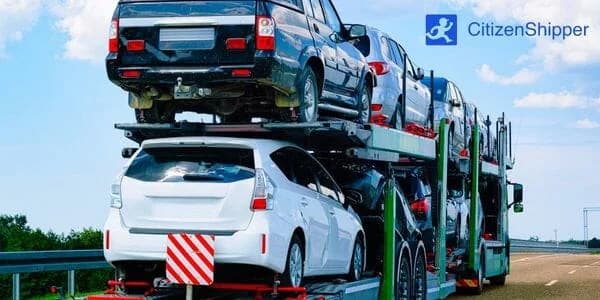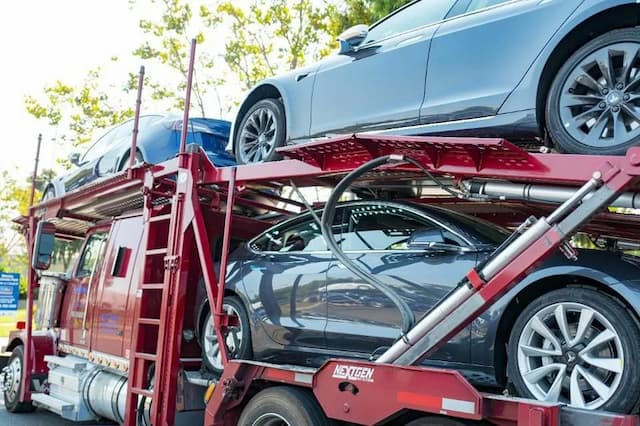Navigating Car Transport in Arlington, VA
When it comes to shipping your car in Virginia, there's a world of factors to consider. Virginia, with its diverse geography from coastal plains to mountainous regions, varying seasonal weather, and metropolitan traffic considerations, presents a distinct set of circumstances. But don't worry! Here at CitizenShipper, we are committed to helping you navigate through it all. Whether you're moving into or out of Arlington or need to transport your car for any reason, our expert team is here to help.
Virginia's Vehicle Transportation Laws & Regulations
In Virginia, car transportation laws and regulations are in place to ensure the safety and preservation of all vehicles and public roadways. Auto transporters must adhere to the Federal Motor Carrier Safety Administration (FMCSA) regulations for safety. Compliance involves ensuring that all vehicles are properly secured during transport and maintaining necessary documents for every shipped vehicle.
All auto transporters operating in Virginia must also possess an active MC Docket number, issued by the FMCSA. This number signifies that a transportation company is registered under the federal government, allowing them to legally operate across state lines. Virginia also enforces specific weight restrictions and commercial vehicle regulations that transporters must follow when traversing the state's highways.
Weather & Terrain Considerations in Arlington, VA
Weather patterns in Arlington, VA have a significant impact on car shipping. The region experiences four distinct seasons with hot, humid summers and cold winters that can bring snowfall and ice. Spring and fall are typically milder, but occasional severe weather events like thunderstorms or remnants of hurricanes can affect transportation schedules.
Arlington's urban setting in the greater Washington D.C. metropolitan area presents unique logistical challenges. While the terrain itself is relatively manageable, the congested traffic patterns, restricted zones around government facilities, and limited parking can complicate vehicle delivery and pickup. It's advisable to plan shipments with flexibility for potential traffic delays, especially during rush hours or major events in the capital region.
The proximity to major highways like I-95, I-66, and the Capital Beltway (I-495) makes Arlington generally accessible for auto transport carriers, but urban navigation requires experienced car shipping services familiar with the area's traffic patterns and restrictions. When shipping to or from Arlington, it's beneficial to coordinate specific pickup and delivery locations that provide adequate space for large transport trucks to safely maneuver.








